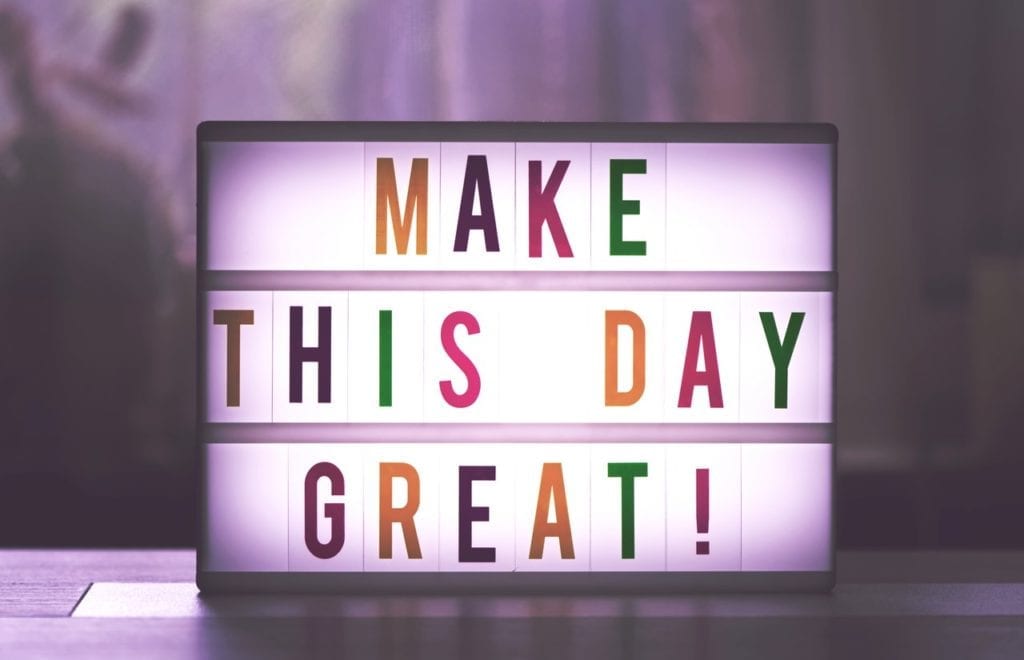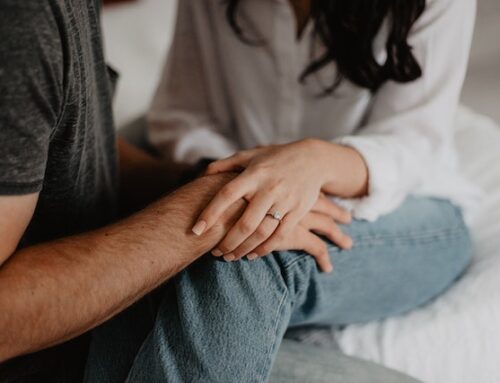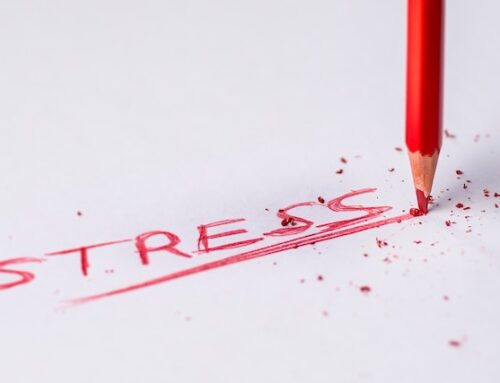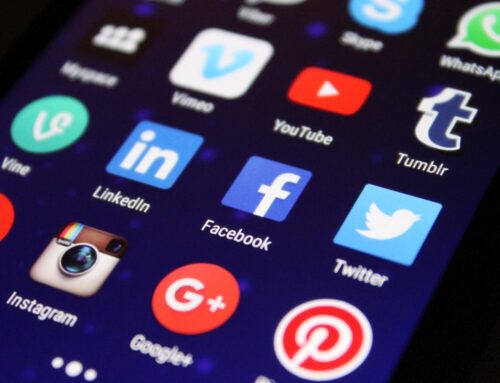Social Anxiety and COVID-19 Restrictions
Introduction
Due to COVID-19, government-imposed restrictions around the world are quite common. Unfortunately, this has had a disastrous impact on our mental health. The mental health system is at maximum capacity, which means its harder than ever to get the timely assistance you may require. Social Anxiety is fast becoming one of the major presentations to medical professionals.
Here in Melbourne, Victoria, Australia, we have had some of the harshest restrictions according to media reports from around the world. Being a part of those restrictions, I can tell you it certainly was not fun. Schools closed, daycare closed, working from home with two little boys who don’t understand daddy has to work, and so does mummy is challenging.
I have noticed on numerous Facebook feeds from pages, profiles and groups that a lot of people are experiencing Social Anxiety at the thought of being free again. This is due to them having been isolated for such a long period.
So I put out a call on my social media profiles for others who could offer some advice on how best to combat this Social Anxiety. Two people have contributed significantly to this article – Laura from @MindMatterCo on Instagram and Alicia from The Anxious Nurse on Facebook. If you find their advice, tips and pointers to be helpful, you could show your support for them by Liking, Following, Sharing, etc.
Dealing with Social Anxiety
What we have come up with are ten things you can do to help control and ultimately reduce your social anxiety symptoms:
- Know what you can control and what you cannot control. Example, you cannot control other peoples actions no matter what you do, instead focus on the things you can control, such as your response to those actions. You may consider creating an action plan to help you.
- Understand that you have mental health illness and therefore require medical assistance such as GP’s and Psychologists to help you. In Australia, you have access to 10 Medicare Funded psychologist sessions available to you each calendar year. Ten should be more then ample if you are dealing with Social Anxiety alone.
If you have other mental health illnesses or a complicated case, then you may require more assistance. Until March 31, 2021, I believe it is; you can access up to 20 funded medicare sessions. The quickest way to get started is to make an appointment with your GP and ask for a Mental Health Treatment Plan and to get their opinion on a good psychologist.
- Make sure you have regular appointments with your GP / Psychologist as a form of check-in and to manage any medications you might be taking to assist with your illness in the meantime.
- It might also be a great idea to allocate yourself a friend or family member who can keep an eye on you and will tell you if they notice any deterioration during this period.
- Remember to pace yourself and take baby steps. It recognises that you will need to go at your own pace, and not allow others to make decisions for you. Only you know how you are feeling. At the same time, make sure you are not using your illness as a crutch to avoid doing anything – try to push yourself to reconnect with friends and family. It’s a delicate balancing act.
Make sure you acknowledge when you achieve something difficult, or you have pushed yourself a bit further than usual. Nothing wrong at all with tooting you own horn.
- Try and do something each day, so that you build you your tolerance levels again. Don’t be too surprised if you have issues with your emotions at the beginning, including crying, or even anger and irritability. It is going to take time to get back to where you want to be. Keeping a journal or diary of the things you have achieved can be a great way of self-reflection and to appreciate how far you have come.
- Exercise is an excellent way of helping to relieve your Social Anxiety – If you can go for a walk, that is great. If you can’t, then heading out into the back yard and getting some sunlight on your skin helps to increase Vitamin D levels. It also lets you get some fresh air which is always lovely as well. Get yourself back into nature can also be a fantastic way to combat all those emotions and feeling swirling around inside your head.
- Drinking plenty of fluids is also highly desirable. You should try and avoid things like Alcohol and Caffeine based products as they are diuretics, which means they increase the need to urinate and remove water faster from the body. When you are on medications, it’s a great idea to consume water as much as possible to help keep you hydrated and feeling well.
- Varying your routine is also another great way to assist with Social Anxiety. If you find the supermarket too intimidating, then you can try another or perhaps change the time you go. Later in the evening generally means far fewer people than during the day. If you are going for a walk and it’s busy, you can try changing the times you go for your walk to a quieter time. Perhaps it’s quieter in your area in the middle of the day, or maybe even at dawn/dusk.
- Try talking to your work is you are finding your Social Anxiety is heightened at the thought of returning. Many workplaces are now allowing more flexible working arrangements for staff now that we have been forced to do that with COVID-19 restrictions. You could try talking with your manager or somebody else you trust to see if this is something that could be accommodated. Remember it won’t be forever, and you should tailor a plan that gradually increases the time in the office until you are back full time if that is your goal.
These are our top ten recommendations for dealing with Social Anxiety. I hope that you have found the article to be interesting and informative. I try and release new articles and information regularly. If you have an idea for an article that you would like to see, make sure you visit me on one of my social media profiles and let me know, or you can drop an email to [email protected], or use my ‘Contact Me‘ page and I will get it sorted.





